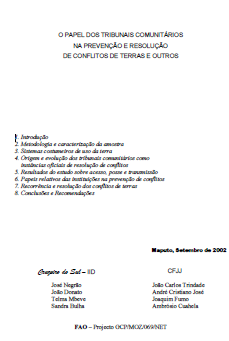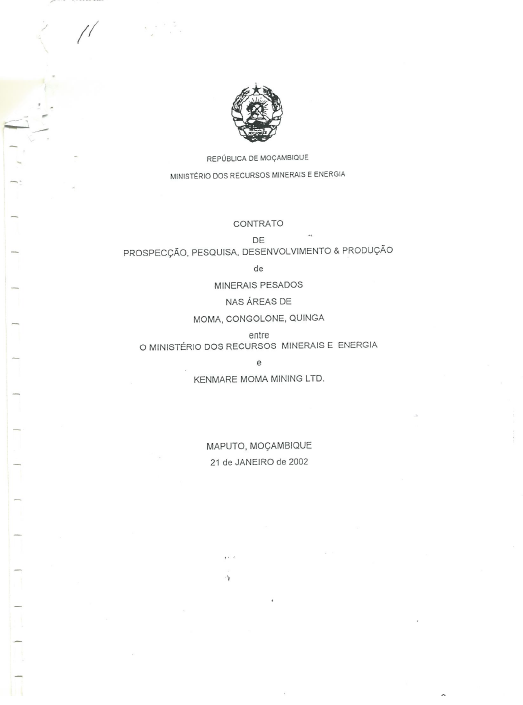Promoção dos Direitos Relativos à Terra em África: Que diferença fazem as ONGs?
O estudo demonstra claramente as deficiências dos modelos lineares que separam os processos de elaboração de políticas da sua implementação. Ambos os estudos de caso mostram que a legislação e os regulamentos podem ser modificados, reinterpretados ou simplesmente ignorados quando se trata de implementá-los, quando as relações de poder a nível local se tornam críticas. Esta constatação tem duas implicações directas.








